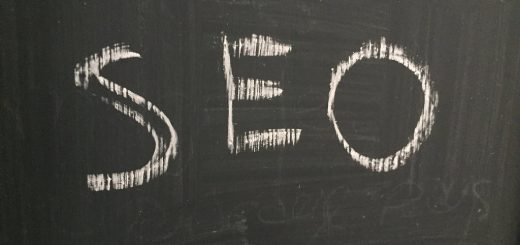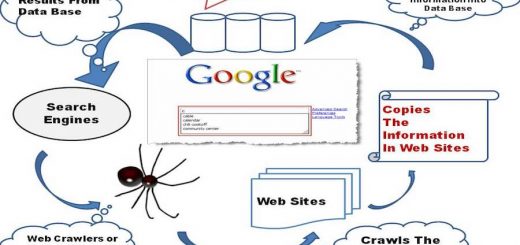SEO TERMS
When we talk about SEO, we should be familiar with certain SEO Terms. But before that let’s try to understand what does SEO means?
SEO stands for Search Engine Optimization.
Technically, search engine optimization is the process using which we organically manage to bring up a website on a search engine. It shows up on the website or a web page on a search engine results page and brings organic traffic to our website.
Simply, Search engine optimization is a combination of series of onsite and offsite activities that we continue to perform throughout its life, to ensure our website page(s) rank higher in the search results. The higher the page is ranked, the more traffic it would bring to your
Well! now that we got clear as to what does “SEO” means, let’s move to the SEO TERMS.
- Search Engine Result Pages a.k.a SERP: SERP or Search Engine Result Page is a page that displays the specific set of results, based on the keyword query made by the searcher on the search engine.
- Keyword: A specific set of words used by the searcher to get results related to a topic(s). For example: “what is SEO”
- Domain Authority: It is a metric provided by MOZ.com. It is a score or grade earned by the website on a scale of 0-100 based on more than 40 parameters like internal and external links. Higher the Domain Authority, the Higher the chance of getting your website ranked on SERP.
- Keyword Density: It is the percentage of the number of times a keyword is used on a page divided by the number of total words on the same page. In simple terms, it is a metric with help of which any blogger could avoid keyword stuffing on any page.
- Page Authority: Like Domain authority mentioned above focuses on your website as a whole, the page authority is more focused on your website pages, individually.
With that said, page authority is a score or grade earned by individual page(s) on the scale of 0-100 and thus describe the probability of the same page(s) to show up on the search engine result page. - Link Building: It is a rigorous process of acquiring hyperlinks from various other websites towards your website. You do this by reaching out to other website owners, link swaps, etc. Note that, Higher the high-quality links pointing to your site, the higher the ranking your website would get in SERP.
- Link Earning: Like link building, Link earning is also a process where you acquire hyperlinks from other websites. However, here you naturally earn those links based on high-quality content and images you share on your website.
- Web Crawlers: Also known as Bot or Spider, web crawlers are internet algorithms that browse the world wide web and helps in web indexing. These spiders crawl all pages one by one until all your website pages are indexed properly.
- Bounce Rate: It is the percentage of a visitor who leaves your website after viewing only one page.
- Doorway Page: The pages which are optimized to rank higher in search engine for a specific keyword, however, may end up taking users to same content or page.
- Indexing: It is the process by which web crawlers add web page(s) to the search engine’s database concerning the keyword(s) defined.
- Landing Page: The page is designed specifically to target users with special offers, or for a personalized user experience.
- Sitemaps: It is an XML document that is designed to list all the pages from the website along with other important details of the web pages. It is very important to include this file to ensure all the URLs are listed picked by the crawlers and saved in the search engine database properly.
- Authority: In simple words, Authority means Trust earned by a page or a site.
- Site Authority: It is trust earned by a site based on the incoming links from other websites concerning a particular search query.
- Algorithm: It is, from where all magic starts when we start talking SEO. In simple terms, Algorithms are complex programs designed to help search engines to display relevant results based on the search query entered by the user.
- META tags: These are the tags used to provide more information about the page to the web spiders. Meta tags are defined in the head section of the page source code.
- ROBOTS.txt: It is a file used by website owners to control or restrict the search engine web crawlers’ behavior on the website.
- Alt attribute: It is an HTML parameter used to define the image’s alternate name in the IMG tag so that google spiders could understand what the image is about.
- Deep linking: It is a process of creating hyperlinks on a web page, wherein the link points to the internal web page(s) or image(s) apart from the home or index page. It is a good SEO practice to include deep links with good anchor text as this improves the page ranking on SERP.
- Organic search: It the search you do on a search engine using a generic user query.
Certainly, this is not all, but these are the most important and most common ones, that one should be aware of.



